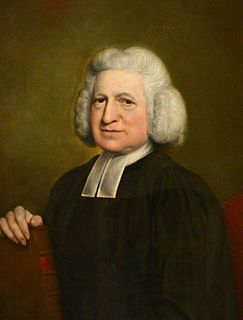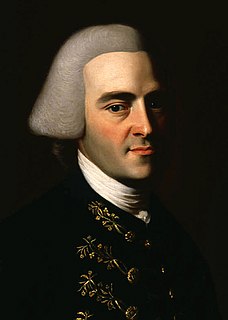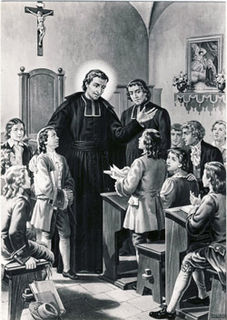A Quote by Charles Wesley
He left His Father's throne above, (So free, so infinite His grace!) Emptied Himself of all but love, And bled for Adam's helpless race.
Related Quotes
Our forefather Adam... used his freedom to turn toward what was worse and to direct his desire away from what had been permitted to what was forbidden. It was in his power 'to be united to the Lord and become one spirit with God...' (I Cor. 6:15). But Adam was deceived and chose to cut himself off voluntarily from God's happy end for him, preferring by his own free choice to be drawn down to the earth (cf. Gen. 2:17) than to become God by grace.
The believer is sensible of his infirmities, for it is supposed that he is wrestling under them. He sees, he feels, that he is not man enough for his work; that his own hands are not sufficient for him, nor his own back for his burden; this is what drives him out of himself to the grace that is in Christ Jesus. And thus he lies open to the help of the Spirit, while proud nature in unbelievers is left helpless.
I believe that Jesus would have given His life for just one person. Jesus emptied Himself, He humbled Himself and He so yielded Himself to His Father's love that He had no ambition of His own. He was not looking to build an empire, He did not want praise or adulation or to impress people with who or how many followed Him. He stopped over and over again for just one person, for just one life.
As in the natural life a child must have a father and a mother, so in the supernatural life of grace a true child of the Church must have God for his Father and Mary for his mother. If he prides himself on having God for his Father but does not give to Mary the tender affection of a true child, he is an impostor and his father is the devil.
When the father dies, he writes, the son becomes his own father and his own son. He looks at is son and sees himself in the face of the boy. He imagines what the boy sees when he looks at him and finds himself becoming his own father. Inexplicably, he is moved by this. It is not just the sight of the boy that moves him, not even the thought of standing inside his father, but what he sees in the boy of his own vanished past. It is a nostalgia for his own life that he feels, perhaps, a memory of his own boyhood as a son to his father.
On occasion I have observed parents shopping to clothe a son about to enter missionary service. The new suits are fitted, the new shoes are laced, and shirts, socks, and ties are bought in quantity. I met one father who said to me, 'Brother Monson, I want you to meet my son.' Pride popped his buttons; the cost of the clothing emptied his wallet; love filled his heart. Tears filled my eyes when I noticed that his [the father's] suit was old, his shoes well worn; but he felt no deprivation. The glow on his face was a memory to cherish.
When you blow it, God still celebrates His Son in you. The litmus test of whether or not you understand the gospel is what you do when you fail. Do you run from Him and go clean yourself up a little bit before you come back into the throne room? Or do you approach the throne of grace with confidence? If you don't approach the throne of grace with confidence, you don't understand the gospel.





































